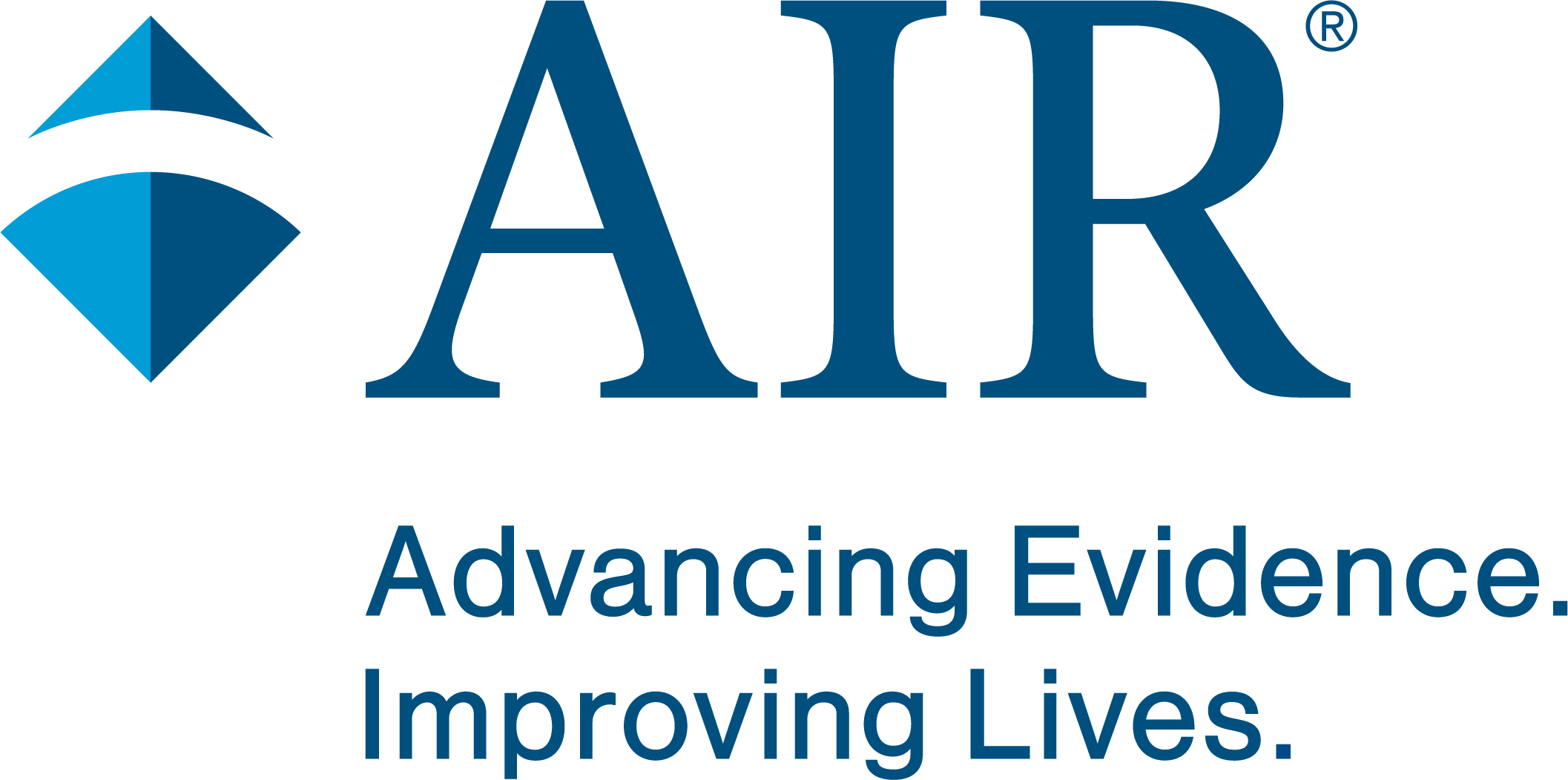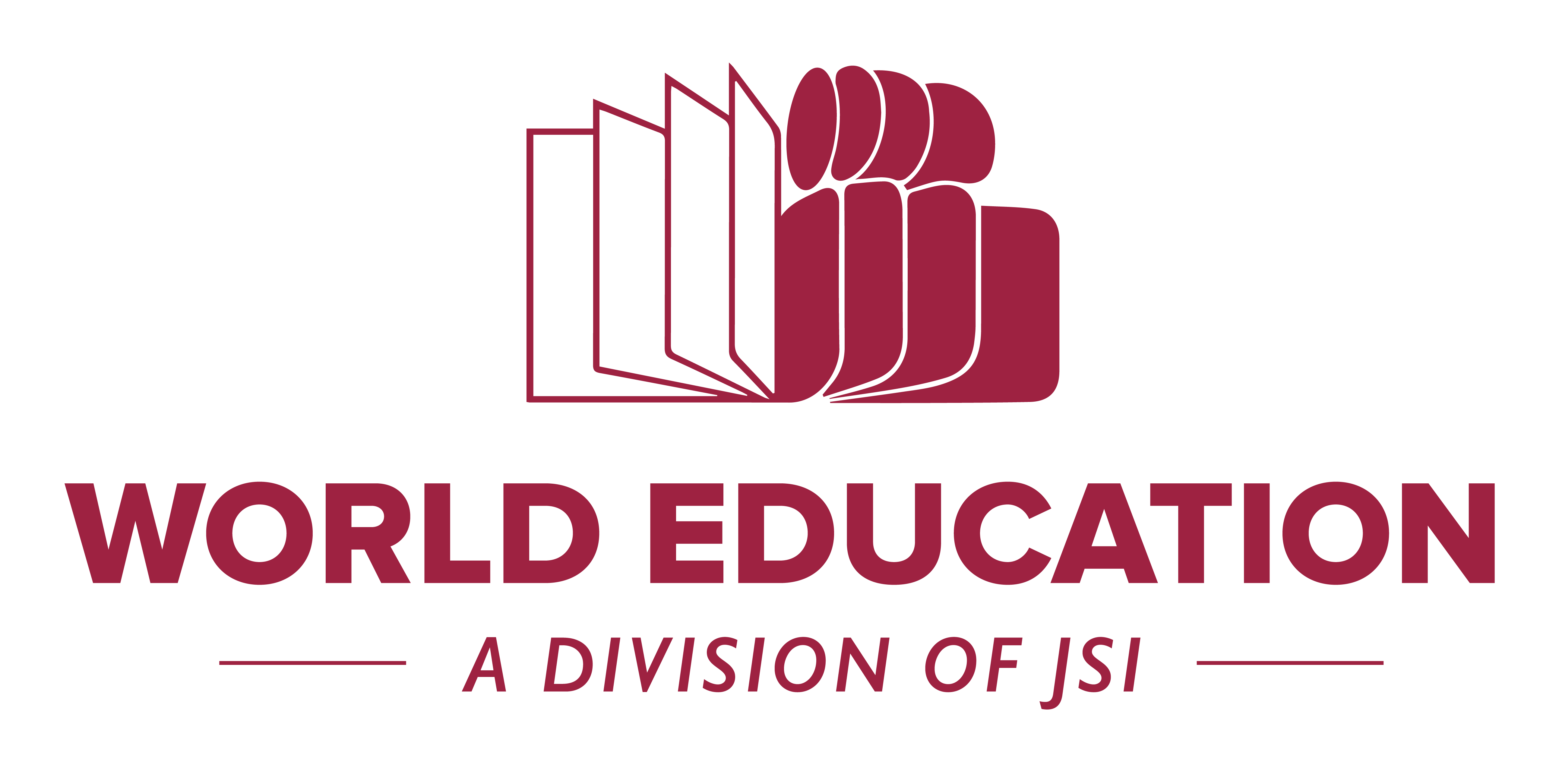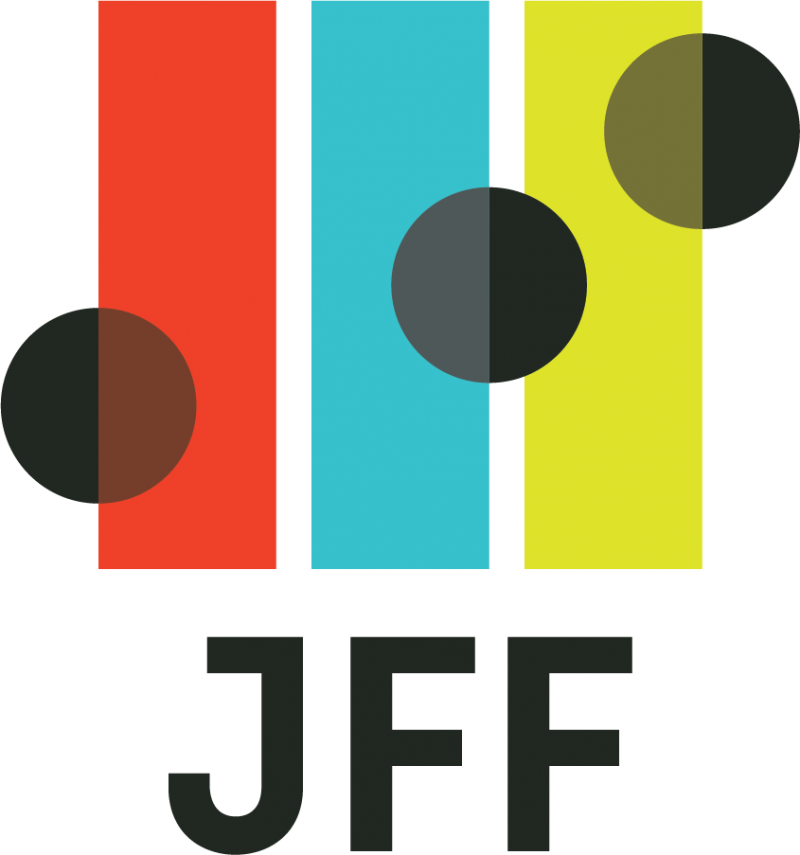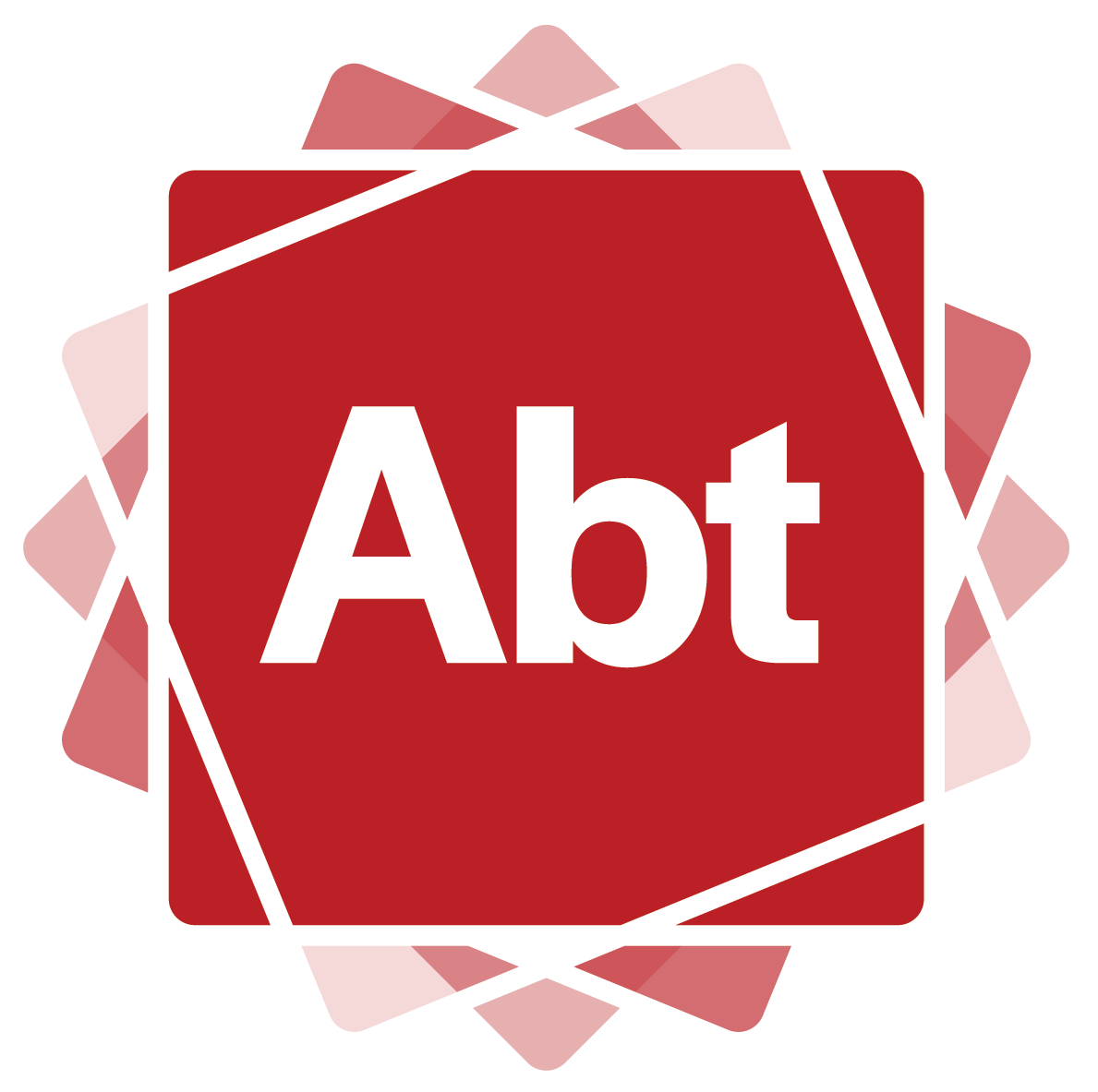The aim of the CREATE Edtech Technical Assistance (TA) Library is to provide guidance to practitioners and adult education leaders on integrating or advancing instruction through edtech and other digital technology. Resources include technology integration and digital skills frameworks, technology adoption checklists, webinars highlighting promising resources and strategies, and technology enhanced lesson plans and guidance.
Each submitted resource has been evaluated by internal subject matter experts from World Education to determine their viability for inclusion, their alignment to one or more technical assistance categories (informed by prior research and the expertise represented in the CREATE Adult Skills Network), and their quality of content, structure, and guidance. The technical assistance categories in this library include:
- Planning technology use;
- Communicating with learners;
- Managing content/instruction;
- Determining instructional content;
- Providing instruction through different modes; and
- Assessment
You can locate resources through the categories or by keyword search.
We welcome feedback on our contributions, categorization, and tagging. To report a broken link for any of our resources, please click on the “submit feedback” button seen above and fill out the form.
Do consider nominating a technical assistance resource, by clicking on the "submit new resource" button seen above and fill out the form. Submissions are reviewed monthly and will be added to the library if approved.
Read more
The Digital Resilience in the American Workforce (DRAW) Project published a series of blogs that consider four areas: Putting Digital Literacy and Digital Resilience into Frame, Digital Digest; The Digital Skills Library, Advancing Access and Digital Equity; Challenges and Solutions, and Digital Digest; and Selecting an Assessment for Digital Literacy. Each blog addresses the question outlined and provides resources to support the challenge.
System for Adult Basic Education Support (SABES) offers this webinar In this webinar in which viewers learn about two digital tools used for creating online assessment: Quizalize and Edpuzzle, and two user-friendly tools you can use to create customized assessments on your own: Google Forms Quiz and Padlet.
This webinar presents best practices for anyone just getting started in the online environment. Review strategies and practices that contribute to effective, efficient and satisfying, teaching and learning experience for both instructors and students.
Students have individual learning plans, but how do their digital literacy plans fit in? In this webinar, presenters discuss a system for setting up such a plan. Look at tools for figuring out how to match learners' work, education, or other goals to the relevant digital literacy skills they need to reach them, as well as learning resources to help them develop those skills.
This Guide for Design and Implementation of Hybrid–Flexible Models in Adult Education helps adult education practitioners (teachers, staff, and administrators) and professional development leaders to initiate or improve their flexible multimodal instruction or courses. The guidance presented here was gleaned from several data sources: facilitated technical assistance and professional development initiatives, such as the IDEAL Consortium HyFlex Study Group, the LINCs Technology Integration Community, and a Google Group devoted to peer support on HyFlex instruction issues. It is also informed by the opportunity to observe HyFlex classes in action and interview 25 practitioners. This resulted in themes that characterize HyFlex implementation in adult education classes and have defined the benefits and challenges it presents.
The research brief explores the integration of digital technologies in adult basic education (ABE) to enhance digital literacy skills and learning outcomes. It highlights the challenges faced by adults in accessing broadband and digital devices. The paper emphasizes the importance of relevant technology use, content creation, sustained partnerships, effective professional development, and equitable access to foster digital literacy. Further research is needed to support effective technology integration in ABE settings.
This Wakelet collection includes an overview of the Digital Literacy Action Plan, an approach to differentiating digital skills instruction and promoting learner agency. The collection has a link to an article that describes the approach, along with a survey, template, and other resources to support its implementation.
Adult students need a strong vocabulary foundation in order to develop their literacy and use their English effectively in their many roles: employees, parents, and community members. In this webinar, you learn a research–proven six-step process infused with technology to help students not only better learn and retain vocabulary but also move new terminology into their productive vocabulary knowledge. You will also be shown and learn how to use select resources appropriate to each step of direct vocabulary instruction. Please note this webinar is 2 hours long.
Adult education leaders must look critically at the digital skills of their workforce and invest in effective professional development (PD) practices that enable practitioners to build their own digital resilience so that they have the capacity to integrate digital skills instruction in content. Research supports the need of adult educators to have strong digital literacy skills, an understanding of how digital platforms work, and the ability to effectively integrate technology in teaching and learning.
Join Northstar trainer Theresa Sladek for the third in a series of three Northstar Digital Literacy workshops to learn how you can orient your learners to the Northstar assessments, the student dashboard, and self-directed online curricula that are included in your program’s state-funded subscription to the Northstar Digital Literacy platform. In this webinar, she reviews how to proctor assessments and provide examples of how instructors can use the classroom curricula in a remote learning environment.
This Google Form survey helps assess the digital literacy and access of students. Use this form to explore their needs.This form is one step in creating a Digital Literacy Action Plan (DLAP). See the whole process of developing a DLAP here: https://wakelet.com/wake/oE8aSwlIj5IskWqbMqnug
Guest presenter Charlotte Parliament, Literacy and Essential Skills Program Coordinator at Simcoe County District School Board, and AlphaPlus Technology Consultant Monika Jankowska-Pacyna talk about how they built, shared and collect learner satisfaction survey data using Google Forms. During this webinar, learn more about how to set up surveys using Google Forms, view sample surveys created by Simcoe County District School Board, extracting instructor and learner feedback data, and get tips for creating meaningful, easy-to-use forms.







